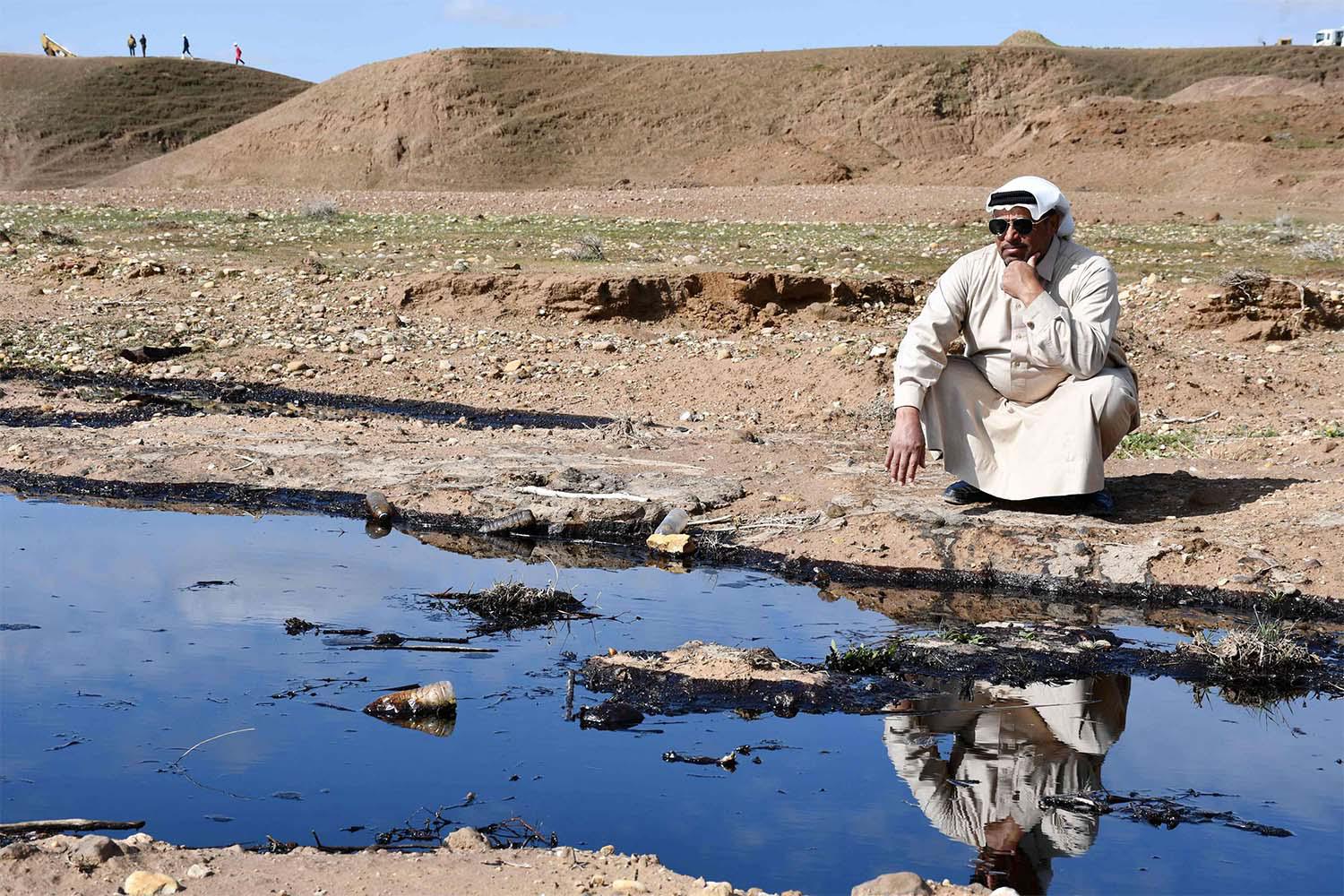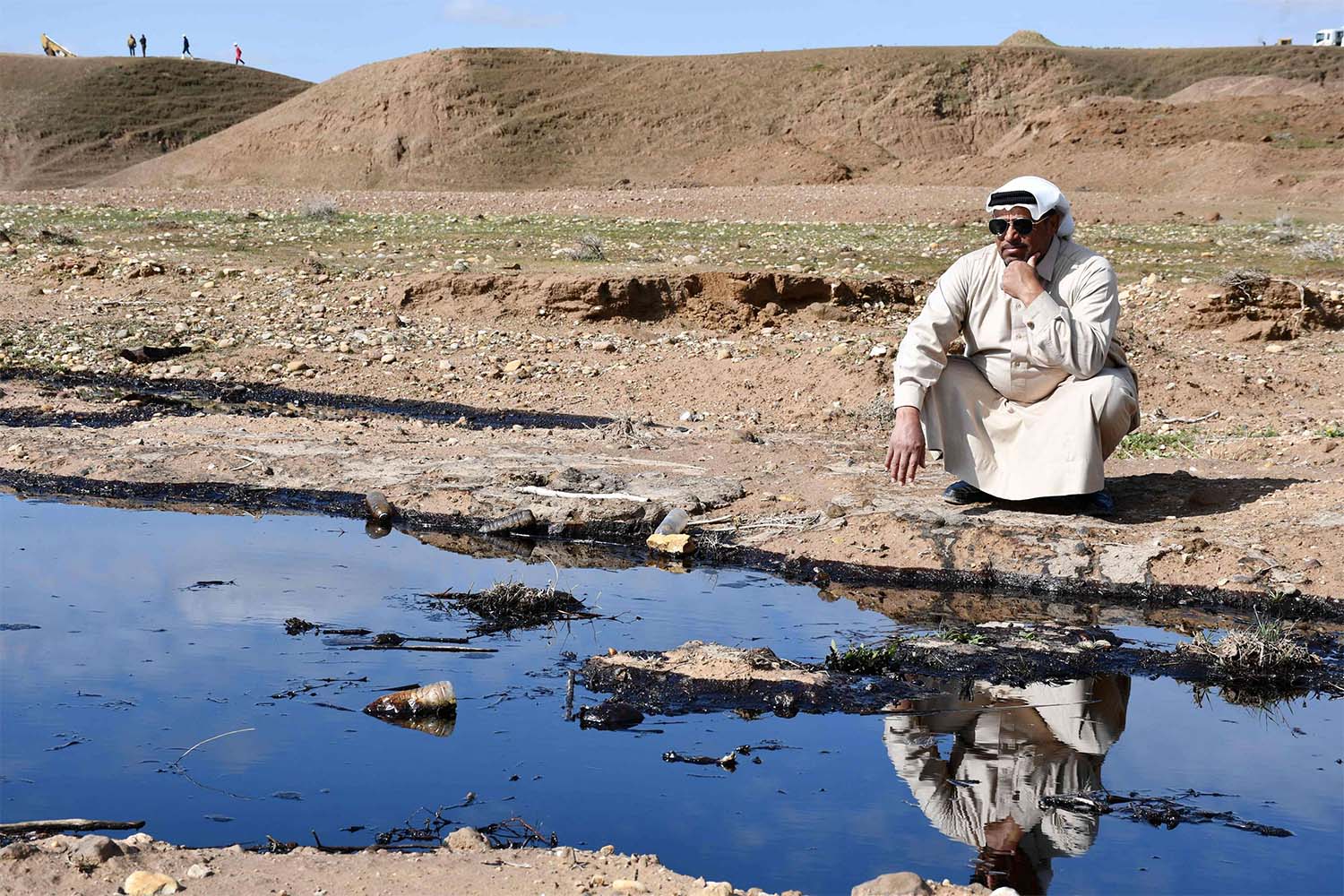The plight of environmental activists in Iraq
Any Iraqi environmental activist suffers from tremendous difficulties. Funded groups posting their evils on social media still harm their image and charge them with treason. They usually define them as an agent of foreign entities or organisations, and that they take financial grants from them to damage society and the religious culture of young people. They also incriminate them of implementing overseas espionage agendas that threaten the security and stability of the local community. As evidence to prove such accusations, they rely on international organisations' reports referring to their financial and scientific cooperation with these activists to rescue Iraqi nature.
After 2003, clan conflicts increased in the south of Iraq. They have had an impact on environmental activists who face kidnapping, extortion, and even assassination on tribal grounds. This is a crucial sign that Iraq is confronted with an unappealing and distorted representation of democracy. The survival of this social domain without state control will outcome further environmental setbacks.
This will increase the environmental stress on the population's lives. The tribal system doesn't admit environmental security or sustainable development. A new confrontation between the local community and this union of sheikhs will arise as the environmental danger index increases. This longstanding social system, along with its values, culture, and economy, is at a critical juncture. Environmental problems might become a source of real game change there.
This inevitable conflict may be fruitful. It can create a shift in the internal balance of power in Iraq. It may also contribute to its emergence from a temporal and intellectual context characterized by stagnation towards a completely different one. This might be an effective way to reshape the geopolitical future of Iraq.
Although this may be a positive development for Iraq's future, it will still result in significant human and material losses. The inescapable pressure of environmental concerns leaves us with two options: a gradual shift toward an environmentally civilised society or staying in the cycle of violence.
Weapons not under state control also undermine environmental protection efforts. The escalation of environmental and societal issues in southern Iraq is a concern of outlaw armed groups. Local communities are becoming more aware of their interests and relationship with the ecosystem. This has led the public to reject armament. Social justice, security, and peace demands are higher for nations more conscious of the environmental challenges. To intimidate environmental activists, gun supporters have allied with other clan forces. Persecuting individuals admired for environmental activists has become a prominent issue in Iraqi cities.
The end goal of this utilitarian alliance is to create a living space that focuses on money, weapons, and influence rather than environmental issues. This partnership views environmental subjects as nothing more than a social luxury. For years, they have been working tirelessly to transform the southern part of Iraq into just a source of producing wealth. This has caused detrimental effects on its environmental capacity, which has reached its highest levels of strain.
In this geography, there is an important conflict looming on the horizon. History repeats itself through the conflict between the marginalised majority and the wealthy minority. This time, environmental problems have entered the heart of this conflict complexly. The rich in this region are generally not interested in fixing environmental damage, as the consequences are meant to accrue at the expense of the public's economies and lives. This means that poor people will be unprotected against such harsh environmental transformations.
The coalition of the oppressed will lead to a seething rebellion. Their growing cognition of environmental threats will be a decisive factor in this revolt that the forces of money and power will struggle to overcome. In the end, social circumstances will be altered due to the inevitable stresses of the environment. This will significantly contribute to changing the image of Iraq's future compared to what is currently happening. We hope this will be done with the least losses.







